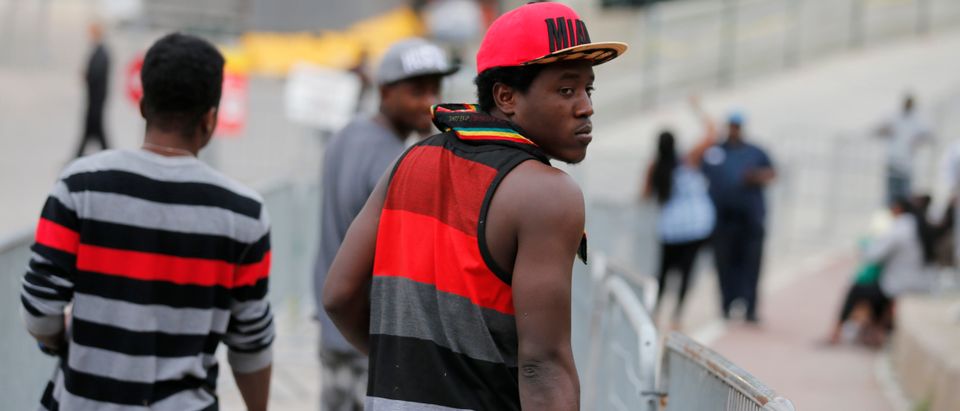The Trudeau government doesn’t want RCMP officers asking illegal refugees about their attitudes towards Canadian values — including how they feel about women’s rights and whether they support ISIS or the Taliban.
The RCMP had been screening illegal refugees who were entering Quebec from New York state about their cultural and religious values but the Canadian ministry of public safety has put a stop to the use of “that version” of a police questionnaire, the Toronto Star reported Wednesday.
There were 41 questions on the list, ranging from queries about ISIS to how often a person prayed per day and how they judged women who do not wear the Muslim hijab.
Public Safety Minister Ralph Goodale’s office says that the department has directed the police to cease using “that version” of the questionnaire.
“The minute we became aware of the interview guide, we were immediately concerned and contacted the RCMP,” wrote spokesman Scott Bardsley. “Some of the questions were inappropriate and inconsistent with government policy.”
Taxpayer-paid refugee lawyers who represent the 12,000 people who have wandered into Saint-Bernard-de-Lacolle, Quebec from New York, are saying the questionnaire is an example of racial profiling and shouldn’t be used to screen illegals.
According to RCMP spokesperson Annie Delisle, police officers stationed at the U.S.-Canada border were provided with an “interview guide” in order to assess the suitability of the asylum seekers who continue to enter Canada illegally.
“Due to the high volume of irregular migrants in Quebec, an interview guide was developed as an operation tool to streamline processing and provide consistency in the RCMP’s preliminary risk assessments,” Delisle informed the Star via email.
The responses became part of the RCMP database and were available to other Canadian government departments focused on national security issues.
The questionnaire, obtained by the Star from an asylum seekers, asks a series of questions to determine whether the potential refugee shares basic Canadian values. For example, question 31 asks: “Canada is a very liberal country that believes in freedom of religious practice and equality between men and women. What is your opinion on this subject? How would you feel if your boss was a woman?”
This was apparently too much for one anonymous refugee claimant who told the Star: “I never expected this in Canada. My country has a lot of problems about human rights and democracy but these questions are not the kind of questions I’d be asked even in my country.”


